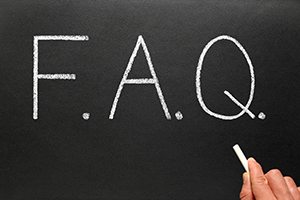The tax man is sending out thousands of letters to individuals and companies allegedly involved in illegal tax avoidance schemes.
Around 43,000 letters are in the post, with 33,000 going to individuals.
Recently HM Revenue & Customs (HMRC) issued a list of myths about tax avoidance and here are some of the key points:
Do tax avoidance schemes work?
Rarely. Most were tax deferral schemes until recently, which means rather than escape paying tax, they put off the time when the money had to be handed to HMRC. Now, new rules mean tax avoided by a registered scheme has to be paid up front and then reclaimed, which renders most of the schemes redundant.
How much does tax avoidance cost?
If you are not in the same salary band as a Premier League footballer or major celebrity, the chances are you cannot afford to join a scheme or do not have enough cash to make tax avoidance worthwhile.
If the scheme goes wrong, you will also have to pay legal costs plus penalties and interest on any tax due which can come to as much as the tax that should have been paid in the first place or even more.
Is tax avoidance legal?
Yes – providing you are open and honest about your financial affairs. However, deliberately concealing information or trying to take advantage of an artificial tax scheme is evasion and a criminal offence, so you could end up in court if you take part.
If HMRC approves a scheme it must be OK?
No. HMRC never approves a tax avoidance scheme. The promoters self-certify they have drafted a scheme and submit the details to HMRC. The tax man then lists the scheme but does not approve or endorse how it works
Will HMRC look at my finances if I join a scheme?
Possibly. By joining a tax avoidance scheme you are flagging that you are a tax risk to HMRC and you may run the risk of closer scrutiny of your financial affairs.
What’s the risk of being caught?
The risk is high. HMRC’s tax avoidance specialists recovered more than £3 billion last year and clearly have the skills and resources to chase taxpayers at home and overseas who may not be paying all they owe.
HMRC also wins 80% of cases that are argued in front of the courts.
